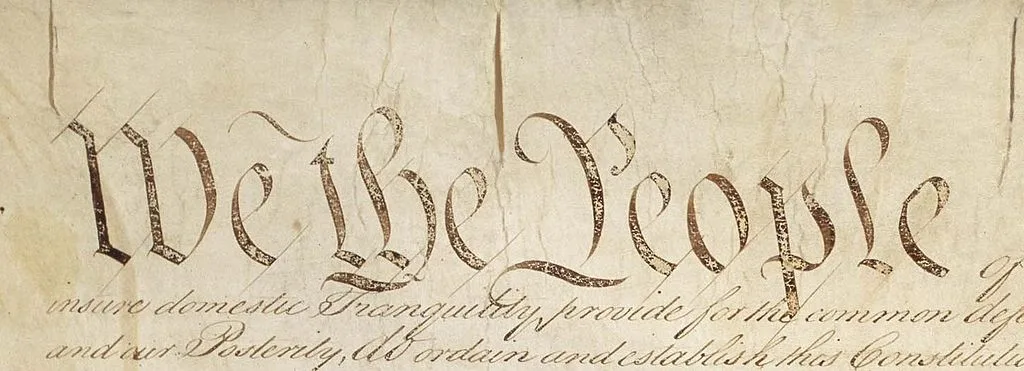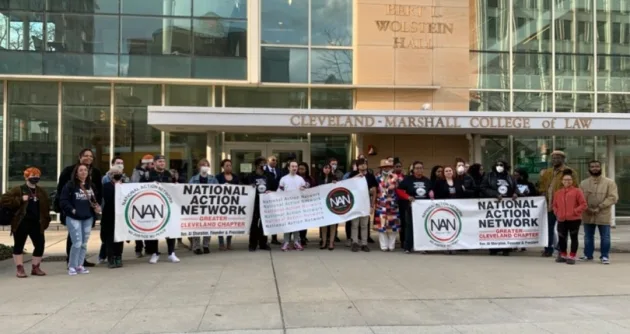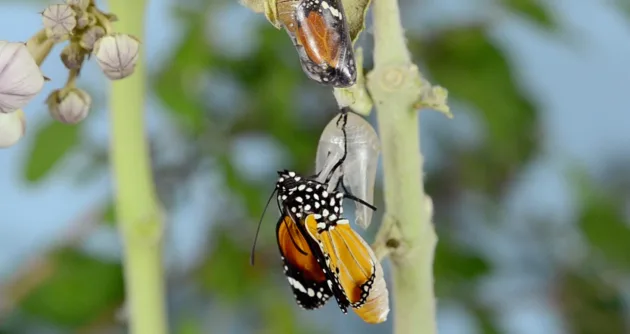The Community Environmental Legal Defense Fund turned twenty years old this month! Launched by two people in November 1995 in a small, rural township in Pennsylvania, CELDF has grown into ten staff, a dozen attorneys, and countless volunteers working in ten states.
What began as a mission to help communities fight permits for unwanted incinerators and trash dumps, has evolved into a mission to build sustainable communities by assisting people to assert their right to local self-government and the rights of nature.
That’s a long way to come in two decades, and we’ve done it in partnership with communities in more than a dozen states. Regardless of the single issue, CELDF and the hundreds of communities we’ve worked with have learned that we don’t have a trash, incinerator, Keystone XL, fracking, or other problem; what we have is a democracy problem – the failure of our governmental system to recognize the self-governing authority of the people in the places where they live.
I’m reflective as I sit on a plane headed to Denver for a second national gathering of community rights activists. Twenty years ago we were fighting permits…. Today, we’re working to finalize a federal constitutional amendment that would recognize a federal constitutional right to local self-government. We’ve had many milestones getting here:
- Assisting the people of Wells Township, Pennsylvania, to draft and adopt the nation’s first CELDF Ordinance in 1999;
- Assisting the people of Licking and Porter Townships in Pennsylvania in 2002 to draft and adopt the country’s first local laws which openly and directly challenge corporate “rights;”
- Launching CELDF’s “Democracy School” in 2003, which has now graduated close to 3,000 activists, community leaders, lawyers, and municipal officials through its two day, intensive training focused on local self-government;
- Assisting the people of Tamaqua Borough in Pennsylvania in 2006 to draft and adopt the nation’s first law recognizing the rights of nature and ecosystems;
- Defending the first legal challenge to a rights-based ordinance adopted by the people of Blaine Township, Pennsylvania, to stop longwall coal mining;
- Assisting the Pittsburgh City Council in 2010 to unanimously adopt a local bill of rights banning oil and gas extraction within the City;
- Assisting the people of Mora County, New Mexico, in 2013 to become the first County in the U.S. to adopt a local bill of rights banning oil and gas extraction;
- Assisting the people of Spokane, Washington, to propose a Community Bill of Rights and a Worker Bill of Rights for a vote by the people;
- Helping the people of Grant Township, Pennsylvania, to become the first municipality in the country to draft and adopt a new home rule constitution for the Township that contains a local bill of rights banning frack injection wells within the municipality;
- Filing the first-in-the-nation court intervention motion on behalf of an ecosystem, in federal court;
- Assisting Ecuador’s constitutional assembly to draft the world’s first “Rights of Nature” provisions into Ecuador’s Constitution;
- Helping the people of seven states to create state-based Community Rights Networks (CRNs), and to draft and advance new state constitutional amendments securing a state-protected right of local, community self-government; and
- Helping those Networks to draft and propose a federal constitutional amendment securing a federally-protected right of local, community self-government.
Across the U.S., in these twenty years, CELDF has helped close to two hundred communities in ten states to become the beginnings of a national community rights movement – a movement catalyzed by the growing recognition that “we the people” lack the legal authority to decide what happens in our own communities. It is a movement that, in the decades to come, will forever change the relationship between our communities and corporations, and between our communities and our system of government.
As the oil and gas industry recently declared, CELDF’s community rights organizing “is the beginning of a social movement that is greater than just the oil and gas industry, it is a potential game changer for all of corporate America.”
It’s been a long time coming, but it’s finally here. Join us!



